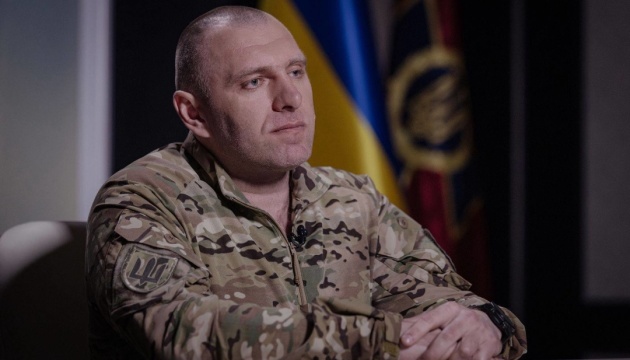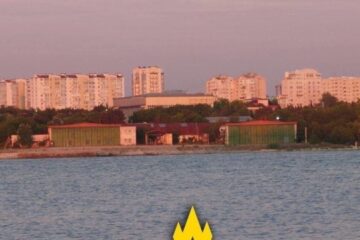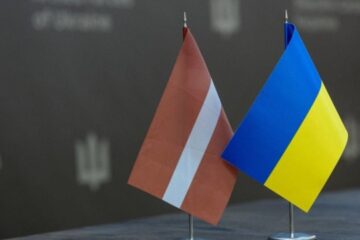
The success of the special operation dubbed “Spiderweb” was made possible by a unique combination of agent work and technical capabilities employed by the Security Service of Ukraine (SBU).
SBU Chief Lieutenant General Vasyl Maliuk shared the details in an interview with the My-Ukraina TV channel, Ukrinform reports.
“Spiderweb was a unique, multi-stage operation that involved a number of critical elements. First and foremost was logistics — delivering the equipment deep into enemy territory, in this case, 150 combat FPV drones. It also meant transporting the cabins in which the drones were hidden to the airfields. It required agent work, secure communications, and much more. Taken as a whole, Spiderweb was a comprehensive operation that blended human intelligence and technical assets — and our work is most effective when there’s the right synergy between the two,” Maliuk said.
To implement the plan, the SBU set up a front company inside Russia — a logistics business in Chelyabinsk. Ukrainian agents rented office space and warehouses located next to the local FSB branch. They later purchased five cargo trucks, and the hired drivers transported various goods as part of the cover operation.
According to Maliuk, the SBU had to solve a variety of operational challenges, including moving sanctioned goods into Russia — such as battery stations. The SBU’s experience in countering transnational crime proved invaluable.
“Each of the hunting cabins was fully autonomous. They were equipped with EcoFlow batteries, solar panels, and other supplies. This allowed the drones to remain charged at all times. The operation could have taken place even in winter, when temperatures there drop below minus 40 degrees. That meant the drones needed a full charge — but it also made bringing those cabins into Russia much more complicated. We went through ‘seven circles of hell’ to get it done,” Maliuk said.
The SBU chief also spoke about the drones used to strike Russian aircraft.
“At first glance, they look like ordinary FPVs, but these were unique. Each had several types of communications. The warhead on every UAV consisted of two 800-gram charges — 1,600 grams in total — of a special mixture developed specifically for this mission. It has a combined cumulative-explosive effect: it burns through the aircraft’s body and then detonates inside,” he explained.
It was equally important to ensure that the SBU operatives returned safely to Ukraine. When the truck drivers headed for the designated airfields, the Ukrainian agents had already left Russian territory.
“They came to see me at one of the combat control points, and I had the honor of personally thanking them,” Maliuk said.
Preparation for Operation Spiderweb was conducted under strict secrecy — only a select few knew the full plan. On the appointed day, the SBU’s best drone operators from the Special Operations Center A unit gathered at a combat control point and began executing the mission.
“The President was in constant contact with us. Long before the operation, he would ask for updates and, frankly, urged us to move faster. His style is very much, ‘Don’t put off until tomorrow what you can do today’ — and often, ‘Do it yesterday,'” Maliuk said.
Operation Spiderweb took place on June 1, 2025. Using FPV drones, the SBU destroyed one-third of Russia’s strategic bombers — 41 aircraft.
Photo courtesy of the SBU press service
Source: SBU created logistics company in Chelyabinsk for Operation Spiderweb – Maliuk



